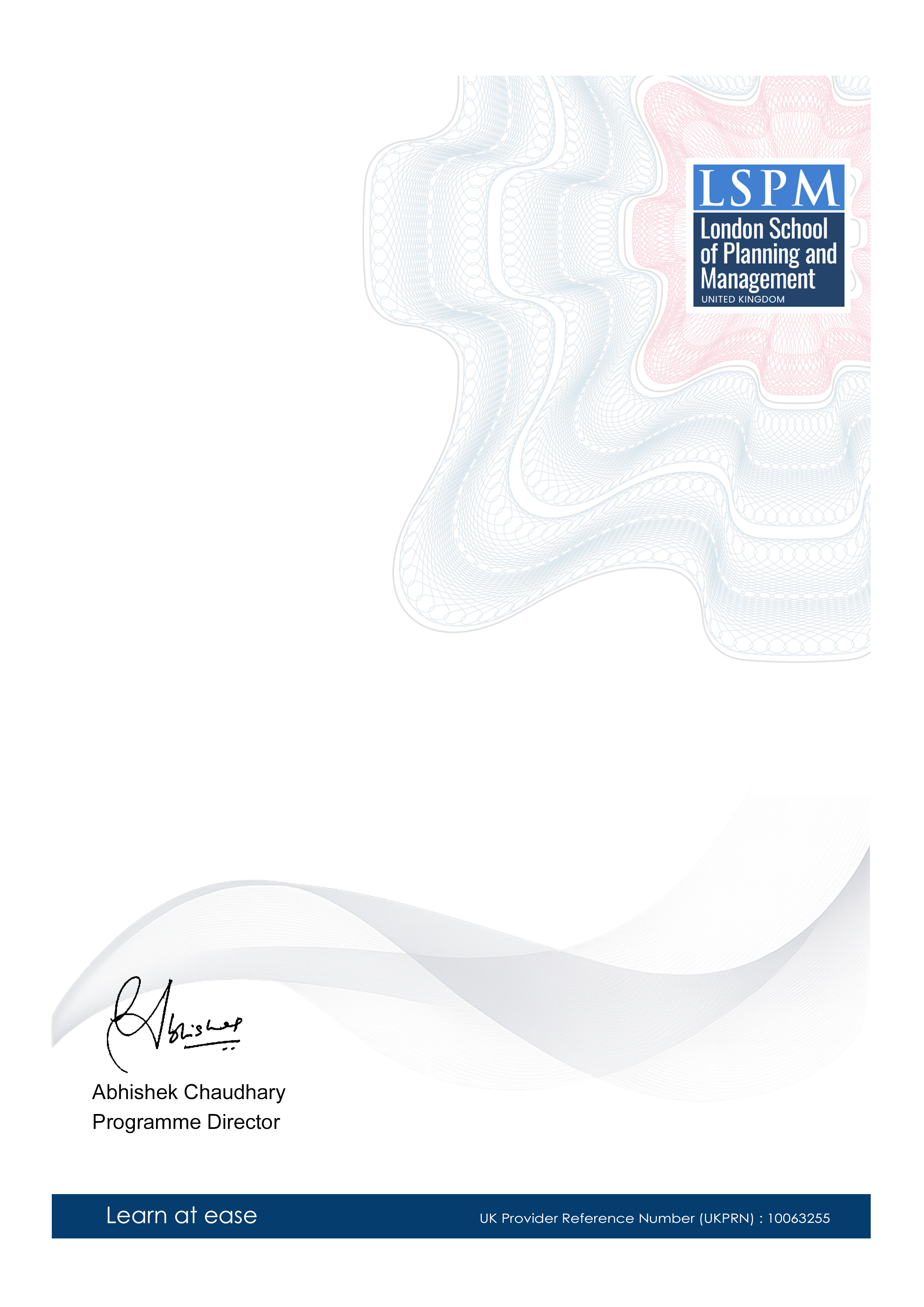Virtual Reality for Emotional Regulation in Autism Therapy
-- viewing nowVirtual Reality for Emotional Regulation in Autism Therapy offers innovative solutions for individuals on the autism spectrum. This approach utilizes immersive environments to help users practice emotional recognition and coping strategies.
3,587+
Students enrolled
GBP £ 149
GBP £ 215
Save 44% with our special offer
About this course
100% online
Learn from anywhere
Shareable certificate
Add to your LinkedIn profile
2 months to complete
at 2-3 hours a week
Start anytime
No waiting period
Course details
• Emotion Recognition Training: Interactive modules to help users identify and understand their emotions.
• Coping Skills Development: Scenarios that teach effective strategies for managing anxiety and stress.
• Mindfulness and Relaxation Techniques: Guided experiences that promote relaxation and mindfulness in virtual settings.
• Social Skills Simulation: Role-playing activities to practice social interactions and emotional responses.
• Sensory Integration Activities: Experiences that help users manage sensory sensitivities in a controlled environment.
• Personalized Feedback Mechanism: Real-time feedback on emotional responses to enhance learning and self-awareness.
• Progress Tracking Dashboard: Tools for monitoring emotional regulation progress and therapy outcomes.
• Community Interaction Spaces: Virtual areas for users to engage with peers and share experiences in a safe environment.
• Parental and Caregiver Support Resources: Educational modules for caregivers to understand and support emotional regulation strategies.
Career path
VR Therapy Specialist
Focuses on using virtual reality technology to design and implement therapeutic interventions for individuals with autism, enhancing emotional regulation skills.
Occupational Therapist
Utilizes VR tools to support clients in developing daily living skills and emotional coping strategies, integrating technology into traditional therapy practices.
Clinical Psychologist
Applies VR environments to simulate real-world scenarios, helping clients practice emotional responses and improve social skills relevant to autism.
Software Developer for VR
Creates virtual reality applications tailored for therapeutic use, focusing on user experience and effectiveness in emotional regulation for individuals with autism.
Research Analyst
Studies the impact of VR therapy on emotional regulation in autism, analyzing data trends to inform best practices and future developments in the field.
Entry requirements
- Basic understanding of the subject matter
- Proficiency in English language
- Computer and internet access
- Basic computer skills
- Dedication to complete the course
No prior formal qualifications required. Course designed for accessibility.
Course status
This course provides practical knowledge and skills for professional development. It is:
- Not accredited by a recognized body
- Not regulated by an authorized institution
- Complementary to formal qualifications
You'll receive a certificate of completion upon successfully finishing the course.
Why people choose us for their career
Loading reviews...
Frequently Asked Questions
Course fee
- 3-4 hours per week
- Early certificate delivery
- Open enrollment - start anytime
- 2-3 hours per week
- Regular certificate delivery
- Open enrollment - start anytime
- Full course access
- Digital certificate
- Course materials
Get course information
Earn a career certificate

